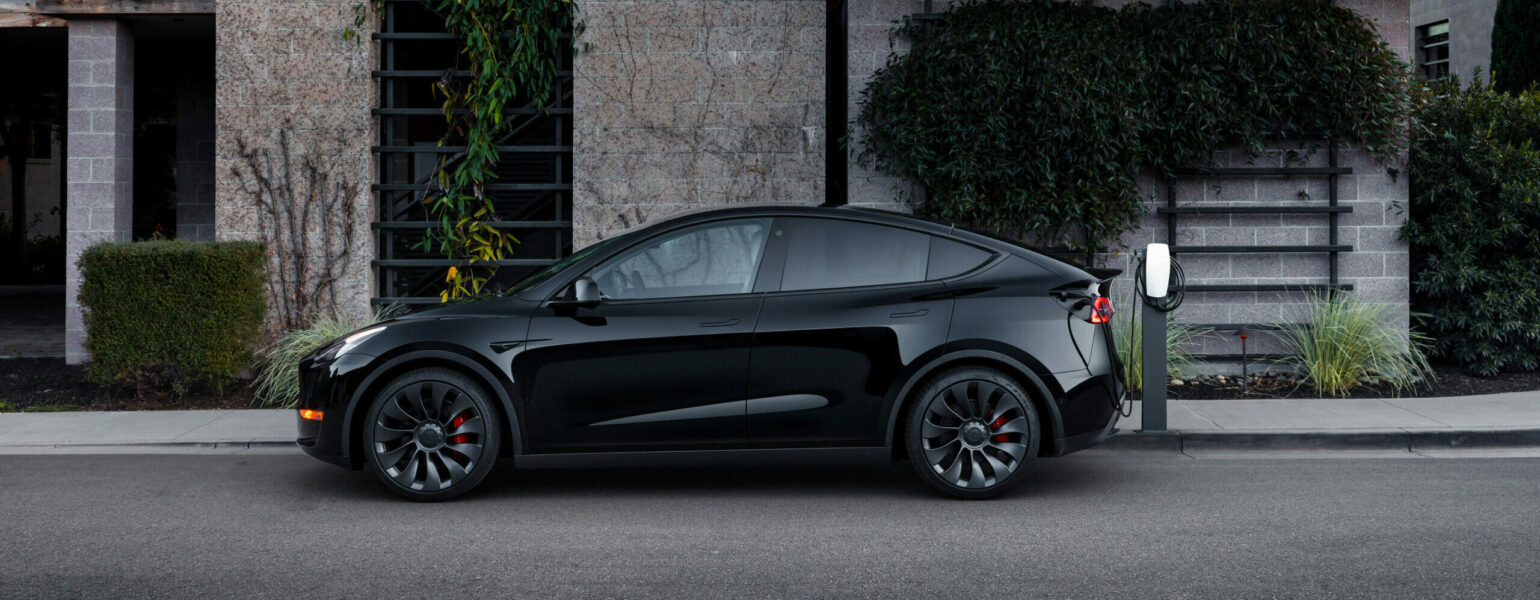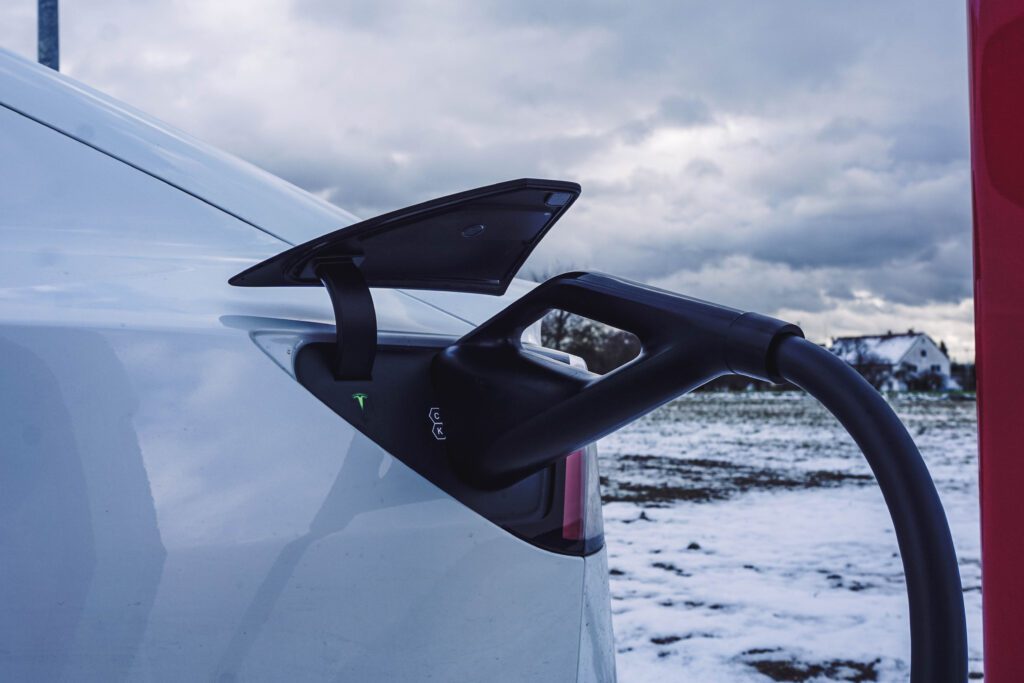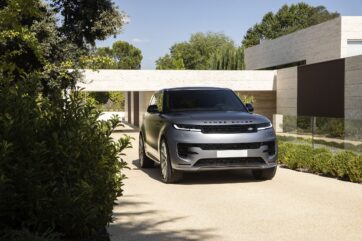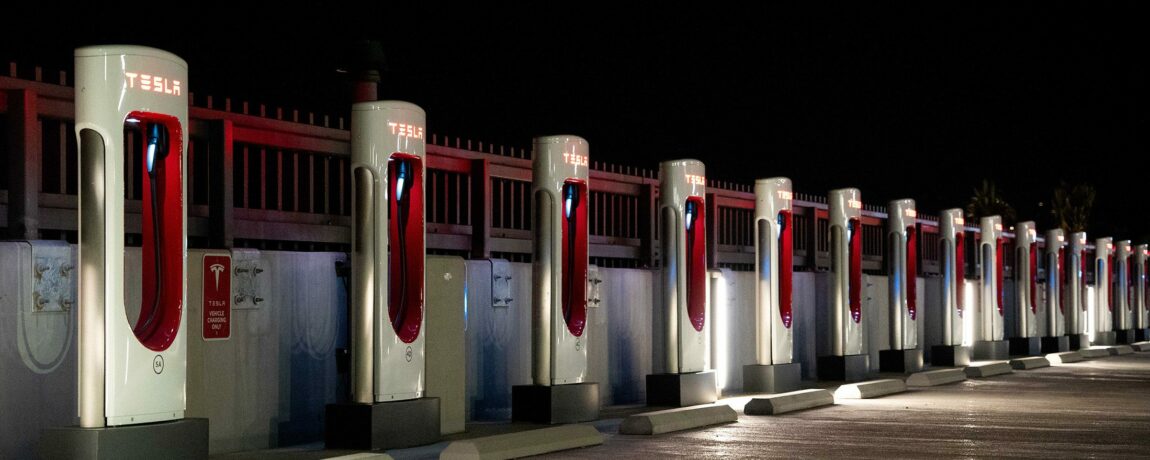
Have EV’s Lost Their Appeal?
Following last month’s Autumn Budget announcements, there was a lot for the automotive industry to take away, whilst some was for the better, other points were slightly frustrating. Whilst many of the benefits were continuations of advantages already in place, which was a positive result nonetheless, many felt there possibly could have been more to encourage rather than punish certain sectors.
One of the most contentious introductions was surrounding EV ownership, a sector that needs all the help it can get in order to encourage people to make the switch. With so much uncertainty right now for both consumers and manufacturers, we wanted to find out if this means that EV’s have lost their appeal.
The Budget Fallout
Whilst much of the Autumn Budget had been predicted ahead of its announcement, there were a few glaring omissions that many had expected should have been included. Industry leaders and manufacturer bosses, as well as the Society of Motor Manufacturers and Traders (SMMT), had called for the government to help the general public with making electric vehicles more affordable and more appealing than the current offering.
They had called for VAT cuts for both purchasing and public charging of EV’s as well as a possible return to grants offered by the government as an incentive, as they had up to 2022. As it currently stands, the manufacturers can do little to make the list price of their electric vehicles any less expensive than they currently are, a major obstacle for most of the buying public. Reducing the VAT on the purchase price or the offer of a grant, as was previously offered, would help many with the expensive initial costs of an electric vehicle, especially when compared to an equivalent combustion engine car.
Thankfully for manufacturers and consumers, the BIK savings currently offered for EV business users has been extended and only slightly increased for the next few years. This will encourage business users to continue to use, or be more likely to switch to, EV vehicles for business use. Company car users and fleet vehicles have seen the biggest up take by far for EV users, so to continue to offer preferential rates made the most sense. Ignoring private purchasers was perhaps a mistake, with many already reluctant to make the switch in the first place.
Many had stated that rather than encouraging private buyers to switch to EV’s, the increases in taxation for combustion engine cars in the Autumn Budget has merely priced them out of being able to buy a new vehicle altogether. Instead of offering enough of an incentive to switch to EV’s, it has, for many people, meant that they will just keep the car they have as they are better of financially holding on to it.
Is The Appeal Of An EV Getting Less?
Whilst there are many benefits for company car and fleet users for EV’s, for private buyers the appeal seems to be dwindling ever more. As previously mentioned, there was once a time when you would get a grant, often of a few thousand pounds, towards the cost of an EV, public charging at many places like shopping centres was free or heavily discounted and electric cars were road tax exempt to drive on the road.
Not only did the grants stop in 2022 but appeals for them to return seems to have fallen of deaf ears, public charging is famously considerably more expensive than charging at home and now the government is introducing road tax rates for EV users for the first time. Not only is the latter a bit of a kick in the teeth for those looking to EV’s as a cheaper expense to live with, but the additional VED charge for vehicles costing over £40,000 when new also applying EV’s from April 2025, they suddenly have become a lot more expensive to run.
The average cost of a new EV currently stands at £46,000, according to personal finance researcher NimbleFins, with the average price of a luxury brand EV such as Porsche, Audi, Mercedes and Tesla much higher at £69,000. Despite the obvious rise in car prices over the past few years, the government stated that the £40,000 threshold was to remain ‘for the time being’, taking the affordability of a new EV even further away from those who were already struggling to afford one.
Despite every effort by manufacturers to increase range, reduce costs as much as possible and offer more variety than ever before, if you weren’t convinced about making the switch before, surely you are going to even more reluctant now some of the benefits are getting less and less.
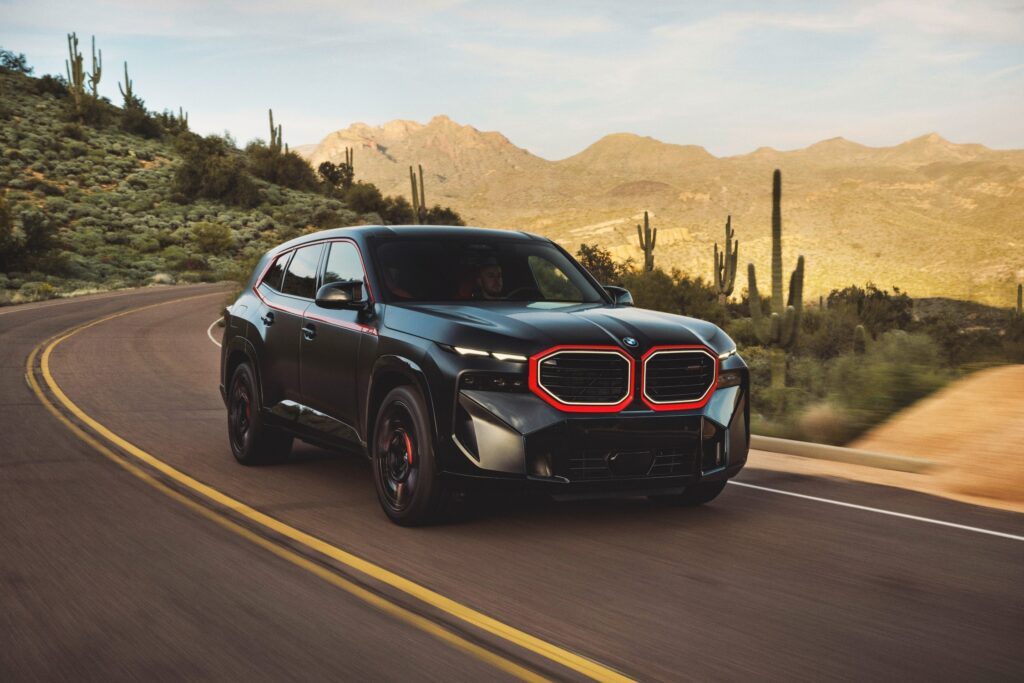
The ZEV Mandate
So why are manufacturers so eager for help from the government? With the strict ZEV Mandate only in its first year, manufacturers are already struggling to meet the initial target of 22% of all vehicles sold to be EV only. Despite the abundance of business users the EV share currently stands at just 18.1%, according to industry experts Auto Trader, a considerable difference to make up by the end of the year.
For those who don’t meet the target they are faced with having to purchase additional ‘credits’ from those manufacturers who have exceeded their target, or face fines of up to £15,000 per vehicle that falls short of the target. But if the incentives aren’t there for customers to switch to EV’s in the first place, there is little that the manufacturer can do to increase their share or to prevent customers from merely purchasing the combustion engine equivalent.
Rumours of having to extending the deadline and the general uncertainty of its effectiveness and viability means that the general public as well as the car maker’s uncertainty is at an all-time low. So much investment has been placed by manufacturers, those installing the public charging network and even consumers doing what they have been advised is the future, that any U-turns or delays is going to seriously affect the schemes credentials.
Are Car Makers Facing A Catch-22?
Car manufacturers had responded well to the introduction of the ZEV Mandate and many have switched their ranges in line with a full electric line up by the time the ban on combustion engines arrives in 2030, or 2035, or whichever it ends up being. It is the slowing down of demand, the struggle to meet even the first year’s 22% proportion of EV sales, plus the fact that customers are losing the incentives to make the switch, that has caused many manufacturers to alter their original plans.
Many car makers have pushed back their original self-imposed deadlines to offer a full EV range of vehicles and have either continued the production timelines of their current models or continued to develop combustion engine ranges. Brands such as Stellantis, owner of Fiat, Alfa Romeo, Citroen, Vauxhall, Peugeot, Maserati, Jeep and many more, have stated via talks with the government, according to Car Dealer Magazine, that if more is not done to incentivise EV purchasing, they may have to consider pulling out of UK manufacturing altogether.
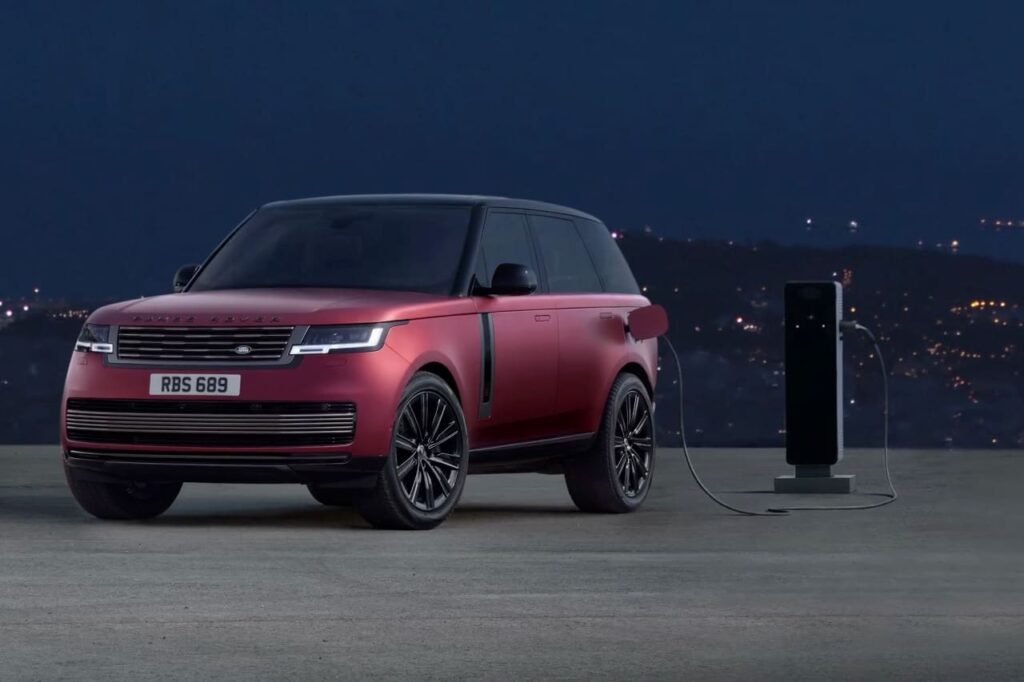
At the start of November, Jaguar announced that they had stopped taking any orders for new vehicles until they return with their all-electric line up in 2026. That means they face more than a year of not selling any new vehicles. While this seems like a strange decision, it might actually save them money as they will not have to spend money on development of models to fill the gap in between as they switch between combustion engine cars and EV’s.
At the end of the day, a car maker is just like any other business, they need to make money in order to continue to keep going. Since the combustion engine ban was announced, they have spent many hundreds of millions, in some cases even more, to develop, test and manufacture EV’s to replace models in their line ups. If these new cars are not selling well, they are being forced to extend their combustion engine and hybrid models production schedules in line with demand in order to continue to make money for the company.
Whilst this make perfect sense in a business sense, the government’s plans for increased taxation on combustion engine vehicles from Aprill 2025 onwards has meant that it has also in some cases become extremely expensive to purchase a new vehicle that isn’t an EV too. So demand for new cars, cars that manufacturers need to sell in order to continue to make a profit, is continuing to fall, whilst pre-owned sales are continuing to rise.
So What Is Still Appealing?
It sometimes gets lost that the original point of converting to EV’s was to cut road users’ carbon footprint. While the manufacturing of EV’s had taken some criticism about how much they damage the environment, car makers have taken big strides in terms of ensuring their eco-credentials are as good as they can be. As well as the zero emissions coming out of the cars themselves, it is this extra thought into the materials used and the way they are built that ensures you are helping to reduce your carbon footprint as best you can.
With the ZEV Mandate putting pressure on manufacturers to sell a proportion of EV only models each year, it also ensures that there are deals to be had if you are buying a new model. With the discount of EV’s double that of those being offered on combustion engine cars, Auto Trader state an average of £5,000 being offered on EV’s compared to £2,600 on other fuel types, they are at least becoming more affordable. Whilst that might be the average discount, some brands are offering 20-30% discounts on some of their models, as it actually works out less than the price of the fines that would be imposed.
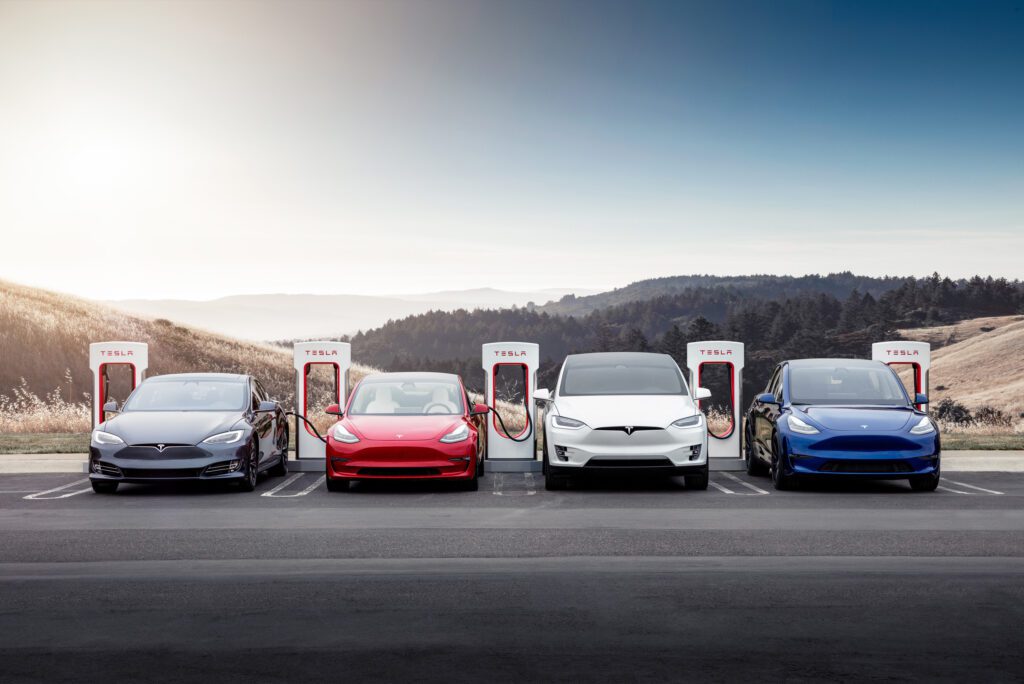
Despite public charging being surprisingly expensive, especially if you are using a ‘fast charger’, for those who can charge their EV at home can benefit from some substantial savings when it comes to running costs. A full charge of an average EV saloon charged at home can cost in the region of £20, and transport you for around 300 miles depending on the make and model. Not many petrol or diesel models can come close to that for running costs.
If you happen to also have an EV focused tariff that offers cheaper rates for overnight charging, that can be as little as £5-£6 to ensure your EV is fully charged by the morning. This can offer a considerable saving on your weekly commute when compared to a combustion engine vehicle.
One of the downfalls of an EV is that their higher original purchase price combined with the fact the demand is not as high as was initially expected means that they often suffer quite badly with depreciation. Many popular EV models can see as much as 20-40% or more of their value lost after 6-12 months, especially those with a higher initial cost. Whilst this may be a disadvantage for those purchasing a new EV, for those looking at pre-owned vehicles it can be very good news indeed.
An Uncertain Future For EV’s?
There is certainly a feeling that the taxation on EV’s has come far too soon if the government expects private buyers to make the switch from their combustion engine or hybrid vehicles. By continuing the benefits for business users, the government have ensured that the biggest EV market will continue to grow for some years yet. But the question remains that if they had incentivised private buyers who may have been tempted to make the switch, the private EV share may have grown exponentially to catch up with business users.
If EV demand does not increase, manufacturers will be all out of ideas as to how they will be able to convince buyers to convert to electric vehicles, unless the government is prepared to offer some kind of incentive. The number of new cars being sold is already on the decline and pre-owned sales on the way up, but drivers are much more likely to hold on to their current vehicles if financially it makes more sense.
The EV offerings from manufacturers continues to grow on an almost weekly basis, but surely this is unlikely to continue if the demand for EV’s continues to stall. As with any products that a business is looking to sell, it is the demand of buyers that ultimately determines which direction the business takes, and if the buying public aren’t interested in purchasing EV’s surely plans for a full EV future would have to change.
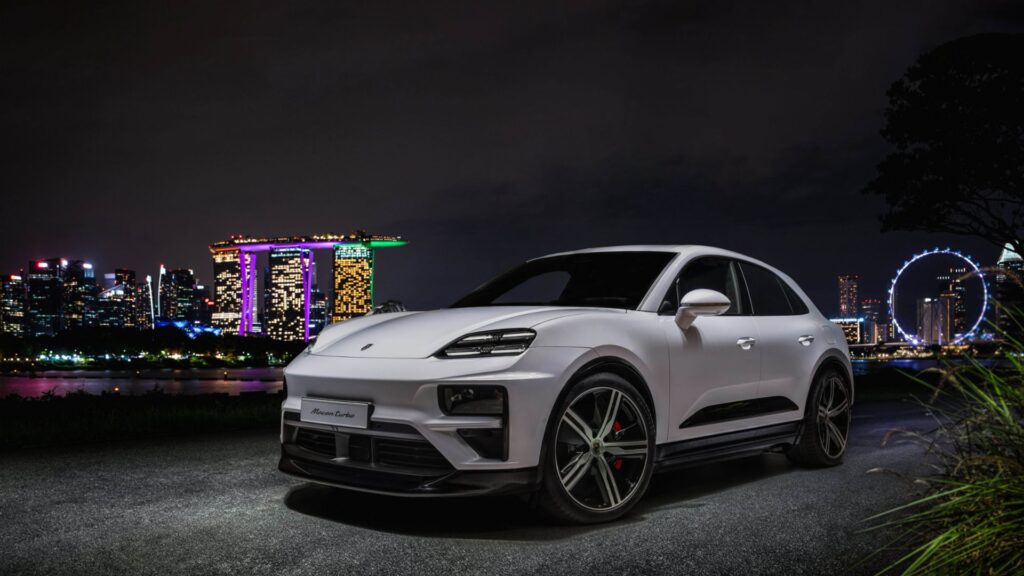
The development of synthetic fuels has gone fairly quiet as of late, hydrogen power has been mentioned now and again, but surely as a concept either could offer a middle ground to let people make up their own minds rather than force the issue. With the flexibility and convenience of being able to fuel your vehicle in effectively the same way as we have become accustomed to for decades, there is always going to be reluctance to something that seems like a backward step.
Those who have switched to an EV already are likely to stick with the technology, especially as they become more efficient and usable in the coming years. Many have switched to a hybrid in order to see how electric power suits their lifestyle, but with the reassurance of a combustion engine, how many are likely to commit to a full EV with their next vehicle. Would they actually be gaining much?
Those who remain in a purely combustion engine powered car, how may of those are likely to choose electric when they are shopping for their next vehicle? Many that haven’t looked to switch as yet are unlikely to see the benefits, especially without any incentives to do so. The current convenience and familiarity is always going to be favourable, attempting to price people out of their combustion engine cars is unlikely to have the desired effect, especially with the price of everything else also rising at the same time.
Oracle Car Finance
Whether you are looking to purchase a new or used vehicle, for private or business use, you can rest assured that Oracle Car Finance has your car funding sorted. With over 2,500 Trustpilot reviews, as four-time consecutive award winners of the Best Specialist Car Finance Provider award from 2020 onwards, and having funded over £2 billion of vehicles and counting, you too can find out why thousands of people trust us time and time again to find a smarter, tailored funding solution when looking for your next dream car.
Make sure you follow us on Instagram, LinkedIn and Facebook to keep up to date with what’s happening in the market and to see some stunning photos and videos of the amazing cars we fund.
